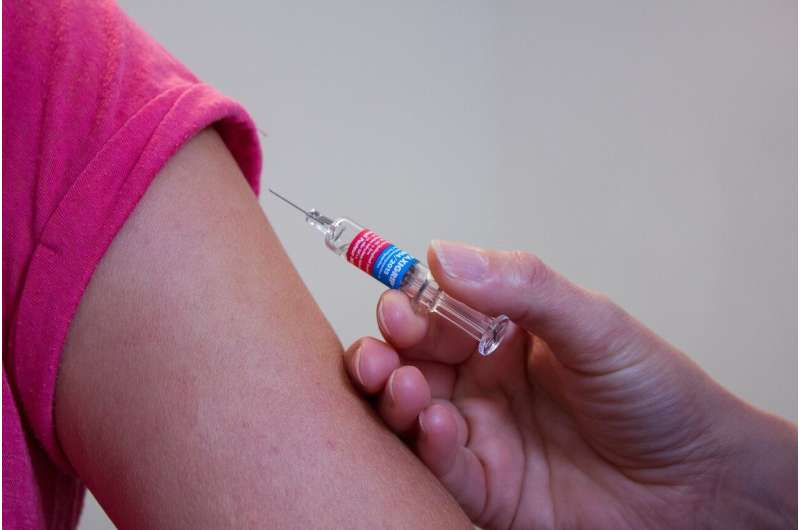Identification of PTX-3 as a Potential Biomarker for Long COVID Development

Research identifies PTX-3 as a promising biomarker for long COVID, showing prolonged elevation in severe cases months after infection. This finding could improve long-term COVID management and detection of ongoing tissue damage.
A recent study conducted by researchers at the Medical University of Vienna has uncovered significant findings regarding long COVID-19. The research focused on the immune system component known as PTX-3, which was found to remain elevated in the blood of patients who experienced severe COVID-19, even several months after recovery. Specifically, the study revealed that PTX-3 levels are markedly higher in individuals with severe initial disease, persisting up to ten months post-infection, and remain elevated compared to those with mild cases or uninfected controls.
This persistent elevation suggests that PTX-3 could serve as a valuable biomarker for ongoing tissue damage and long-term immune activation resulting from COVID-19. Scientists speculate that elevated PTX-3 levels may indicate the presence of residual viral remnants or ongoing tissue repair processes. The research examined blood samples from 141 COVID-19 survivors ten weeks and ten months after initial infection, comparing their PTX-3 levels to those of 98 uninfected individuals.
The findings support the hypothesis that prolonged immune response or tissue healing mechanisms are linked to long COVID symptoms. "Higher PTX-3 levels could signal long-lasting tissue injury or persistent viral fragments," said lead researcher Winfried Pickl. Furthermore, Rudolf Valenta added, "PTX-3 may act as an indicator for long-term complications and immune activation following COVID-19."
Previous studies had established PTX-3 as a marker of severe COVID-19 during acute illness, but this research emphasizes its potential role in long-term recovery. The authors propose that targeting or monitoring PTX-3 could enhance understanding of post-COVID conditions and aid in identifying patients at risk of complications. However, further studies are necessary to confirm these initial findings and explore the exact mechanisms involved.
These insights contribute to a deeper understanding of COVID-19's long-term effects and highlight the importance of ongoing immune monitoring. The full study is published in Frontiers in Immunology and may have implications for managing long COVID and related conditions such as chronic fatigue syndrome.
Stay Updated with Mia's Feed
Get the latest health & wellness insights delivered straight to your inbox.
Related Articles
Ensuring Safety Standards For Anesthesia During Tattoo Procedures
The American Society of Anesthesiologists emphasizes that anesthesia for tattoos must meet the same safety standards as elective surgeries, ensuring patient safety with qualified professionals and proper facilities.
Australia Launches New National Immunization Strategy to Improve Vaccination Rates
Australia's new National Immunization Strategy aims to reverse declining vaccination rates and strengthen community trust, access, and data-driven decision-making for better public health outcomes.
Public Support for Childhood Vaccination Requirements Grows Amid Measles Outbreak
Amid a significant measles outbreak, a new survey reveals that 79% of Americans support mandatory childhood vaccinations, emphasizing public commitment to disease prevention and community health.
Identification of Five Immune Subtypes in Tongue Cancer for Personalized Therapy
New research identifies five immune microenvironment subtypes in tongue squamous cell carcinoma, providing a pathway to personalized immunotherapy and improved treatment outcomes.



